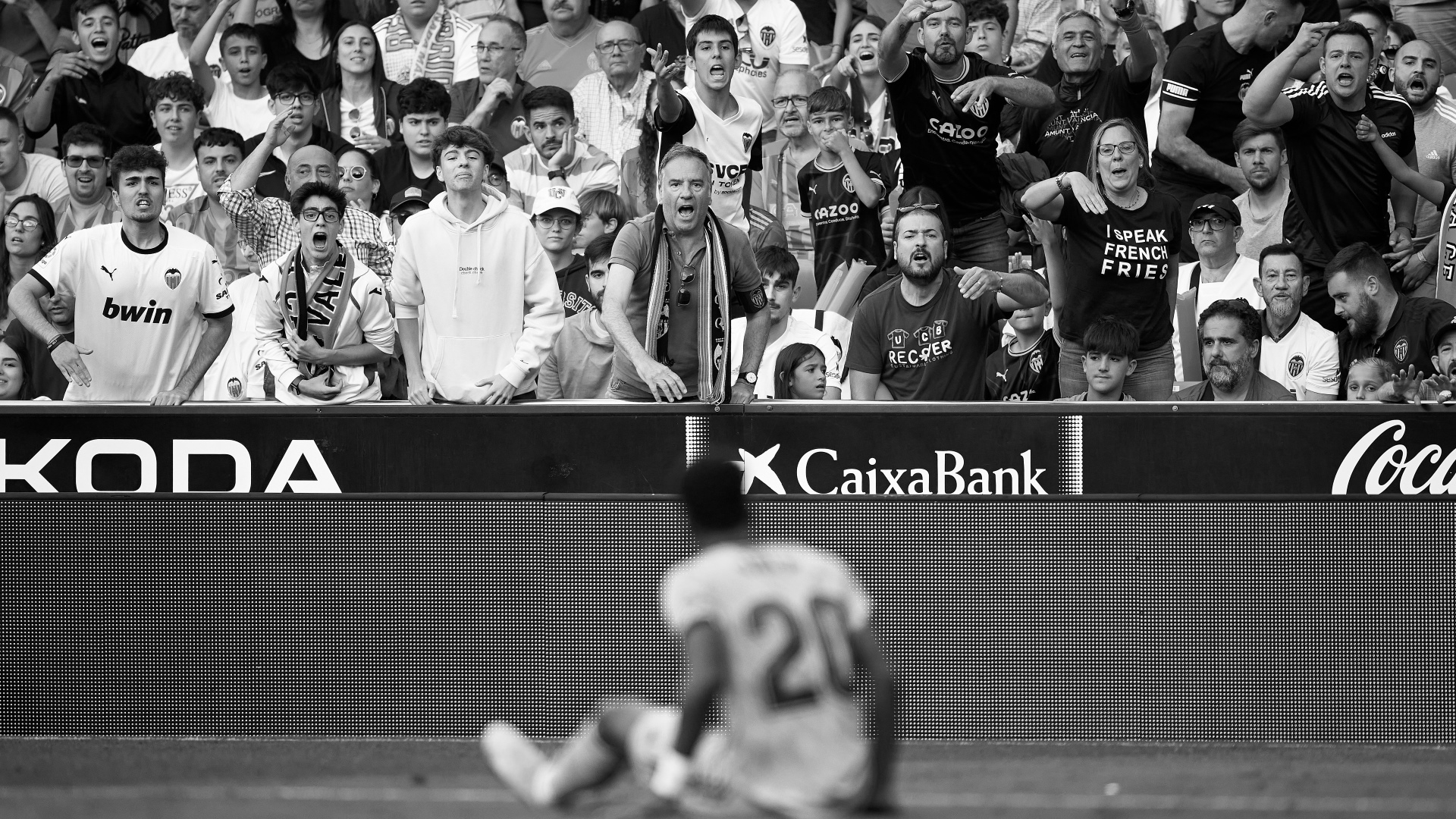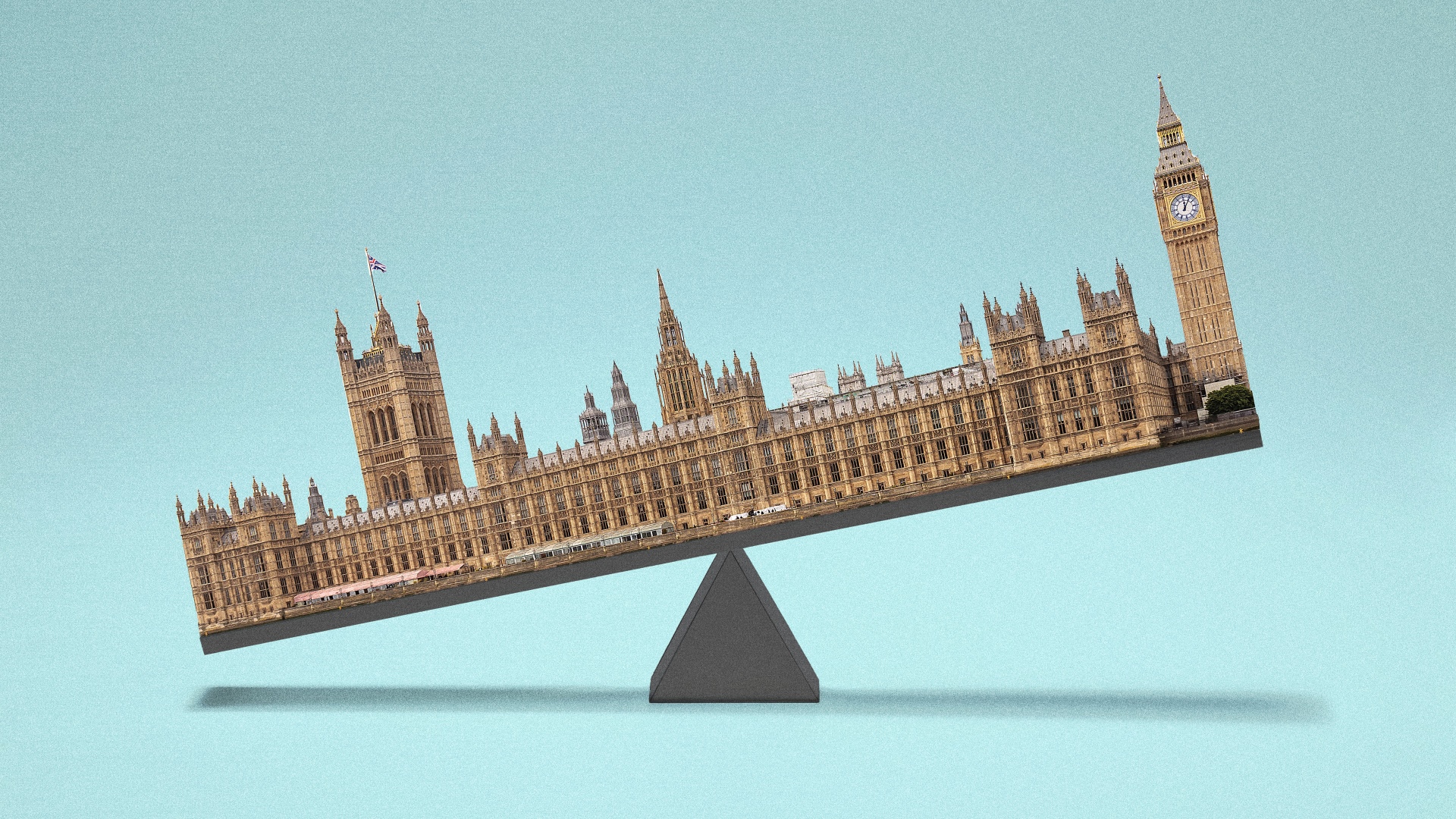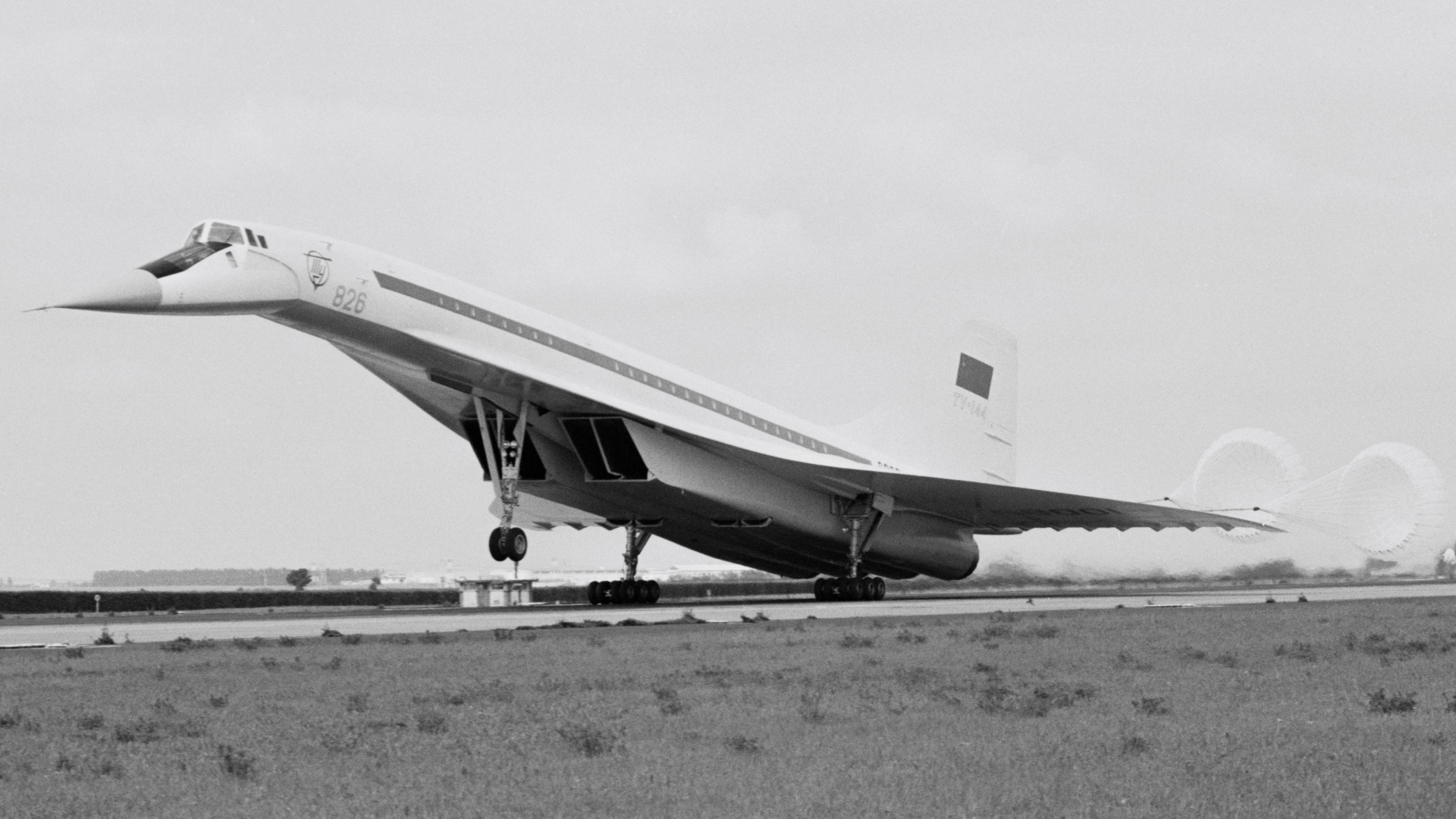In Madrid, a few years ago, two teams of kids were playing football. A young boy scored a goal and set off in celebration, but then something odd happened – the opposing team’s managers asked the referee to stop the game. The boy, they argued, was too old to be on the pitch.
Dolores Galindo, the president of the Dragones de Lavapiés football club, was there. Lavapiés is one of Madrid’s melting-pot neighbourhoods, and it was one of her players who scored the goal. The boy wasn’t too old, she says. He was entitled to play. But on the other hand, she says, he did have darker skin.
Spanish football has a racism problem – just like Spanish society. Before the Spanish national basketball team set off for the Beijing Olympics in 2008, they posed for a photo. The entire team then proceeded to pull at the corners of their eyes, to give themselves what they later said was a more Chinese appearance. The photograph appeared in an advert in a Spanish newspaper. One of the players later remarked he thought it would be “interpreted as an affectionate gesture”. That turned out not to be the case.
That was 15 years ago. On May 21 this year, Valencia fans shouted “monkey” at the Brazilian Real Madrid player Vinícius José Paixão de Oliveira Junior, who goes by the on-field name of Vinícius Jr. These racist chants, captured by television cameras and beamed across the country and around the world, set off a storm of protest from Vinícius and his team-mates. It also led to a renewal of the debate over Spanish racism, in which the Spanish football federation president embarrassed himself on Twitter, with a rambling post dismissing the problem.
The Spanish ministry of equality called on the football federation to “strengthen and apply antiracist measures.” Brazil’s president, Luiz Inácio Lula da Silva, taking up the case of one of his nation’s most gifted and respected sportsmen, said that Spain’s football authorities should do everything possible to prevent “racism and fascism” from taking over the sport.
That will not be an easy task. Many people in Spain can’t seem to decide if the darker-skinned people who live in their neighbourhoods or play on the football field are superhuman sporting heroes, or something close to subhuman. That confusion is part of a wider difficulty in addressing race, in particular that of Africans and African descendants.
Spain’s colonial history in western and north-west Africa, the Caribbean and South America stretches back centuries. The categories and subcategories of Spanish colonial-era society were so varied and complex that it took the painter Cristóbal Lozano 20 paintings to portray them all.
Patricia Rocu, an education researcher at the Complutense University in Madrid, says that academic research that is focused on racism against dark-skinned people in Spain links it to recent migration. But that is not the case. “People don’t consider that the diversity might be home-grown,” says Rocu. “It is as if it were always from outside, which is a mistake.”
Spain’s centuries-long colonial history means that many Spaniards have family backgrounds in Africa. The precise number is hard to gauge, as the National Statistics Institute does not collect racial data. Even so, civil society groups estimate that there may be as many as two million Spanish residents of African descent – a little over 4% of the population. That racial gap in the official statistics also exists across other official bodies. In the 1990s, Spain’s authorities replaced many references to race in textbooks with references to cultures or nationalities.
“I don’t know to what extent people were planning this, but there’s definitely been a whitening of history and ignoring the role that Spain had in creating this racial order,” says Mireia Triguero, a sociology doctoral student at Columbia University in the United States. “When you remove the vocabulary of race, people still want to talk about it and maintain this hierarchy. So they start to talk about it in terms of culture, or using national identities as a proxy. But it’s a social reality that not all Spanish people are white.”
Back in the neighbourhood of Lavapiés, the Dragones are fighting racism in their own way. On Thursday afternoon it had rained and the pitch was covered in puddles. That didn’t stop the two children’s teams from taking the field, and they booted the ball around under the guidance of a few trainers. The air was warm. Music drifted in from neighbouring Casino de la Reina Park.
During a break in play, the club’s technical director, Fra Sampietro, explained the Dragones’ approach to racism. “Sometimes racism comes from a lack of familiarity,” Sampietro tells me. “We give people space to get to know each other. We celebrate birthdays in the park. You don’t have to do extraordinary work to fight racism. You can just get people together.”
In fact, getting people of many kinds together is perhaps the club’s most important role. Sampietro once played for Italy’s national Under-19 women’s football team and has since transitioned genders and professional roles. Now he coaches rowdy six-year-olds, nine-year-olds, and a pair of adult teams. Between them, the players come from dozens of different countries.
During the early days of the coronavirus pandemic, the club ran a food pantry. It offers English classes. In the tradition of many civil society groups in Spain, it occupied a disused plot of land in the neighbourhood and installed a small training pitch, with cheerful graffiti on the walls and a fence to keep out the rubbish that otherwise blows about the neighbourhood and gathers on the wasteland.
“When we started Dragones I didn’t know anything about football,” says Galindo, the club president. It was soon after that she started to notice racist incidents in the municipal league. “I asked myself, ‘Is it worth exposing the kids to this? Maybe it’s not the best tool to empower them.’ But then, it’s what they want to do.”
Galindo and the families of the players developed a policy to confront the abuse the players were experiencing – they challenged as many racist incidents as they could in writing with the league. In the process they turned their club into a centre of gravity of the neighbourhood.
Now, nine years later, hundreds of residents of Lavapiés and the surrounding neighbourhoods who may not have known or cared about football have a new, influential social institution in their midst, with a role that goes far beyond football. The club has become a forum to discuss a range of shared concerns, such as disproportionate police stop-and-frisks of darker-skinned residents. The Dragones player Michelle Rosa, who is Brazilian, says that when she first moved to Lavapiés with her then-partner, neither of them had residency permits. “The cops never stopped me,” she says. “I’m a white woman. But my black boyfriend? They stopped him all the time.”
She discovered the Dragones club when her eldest son, now 13, asked to play football. Her second son followed, and as she watched matches with other parents, they concluded that the girls in their families needed to see female role models – so they started a women’s team, all of them mothers of current players.
“Now it’s my escape,” she says. “I live right over there,” she says, pointing at a building across the street. “When I see it’s time for a game, I leave the older boy watching the younger one and I come running down, and I disconnect the whole time.”
Rosa’s disconnection is healthy – but other people in Spain act as if they can disconnect altogether from the country’s race problem, and by doing so, pretend it isn’t there. The right-wing People’s Party and its further-right appendage Vox take that approach. Both party leaders responded to the Vinícius incident by saying that Spain was not racist.
Yet in a 2020 government survey in Spain, more than half of people from minority backgrounds questioned reported being on the receiving end of racial discrimination in the previous year. It seems that people from minority ethnic groups experience racism in Spain, regardless of what the politicians say. As for views on racial difference, in the 2014 European Social Survey, about 35% of respondents in Spain agreed with the statement that some races are born less hard-working, and about 10% answered that some races are born less intelligent than others.
Perhaps those views might begin to evolve. Rocu says that an educator recently asked her for guidance when discussing the Vinícius case with her students. That is an opportunity to fill in one of Spain’s societal blind spots, and to confront attitudes that are both socially corrosive and deeply unjust.
After the latest abuse directed at Vinícius, the authorities arrested seven people. The national football federation fined Valencia €45,000 (£39,000), and the section of the club’s Mestalla Stadium where the abusive fans sat will remain closed for the time being.
A sign that a shift is happening? Perhaps. But like alcoholism, the first step is to accept that the problem exists in the first place. “If we don’t name it,” says Rocu, “then it slips by.”



